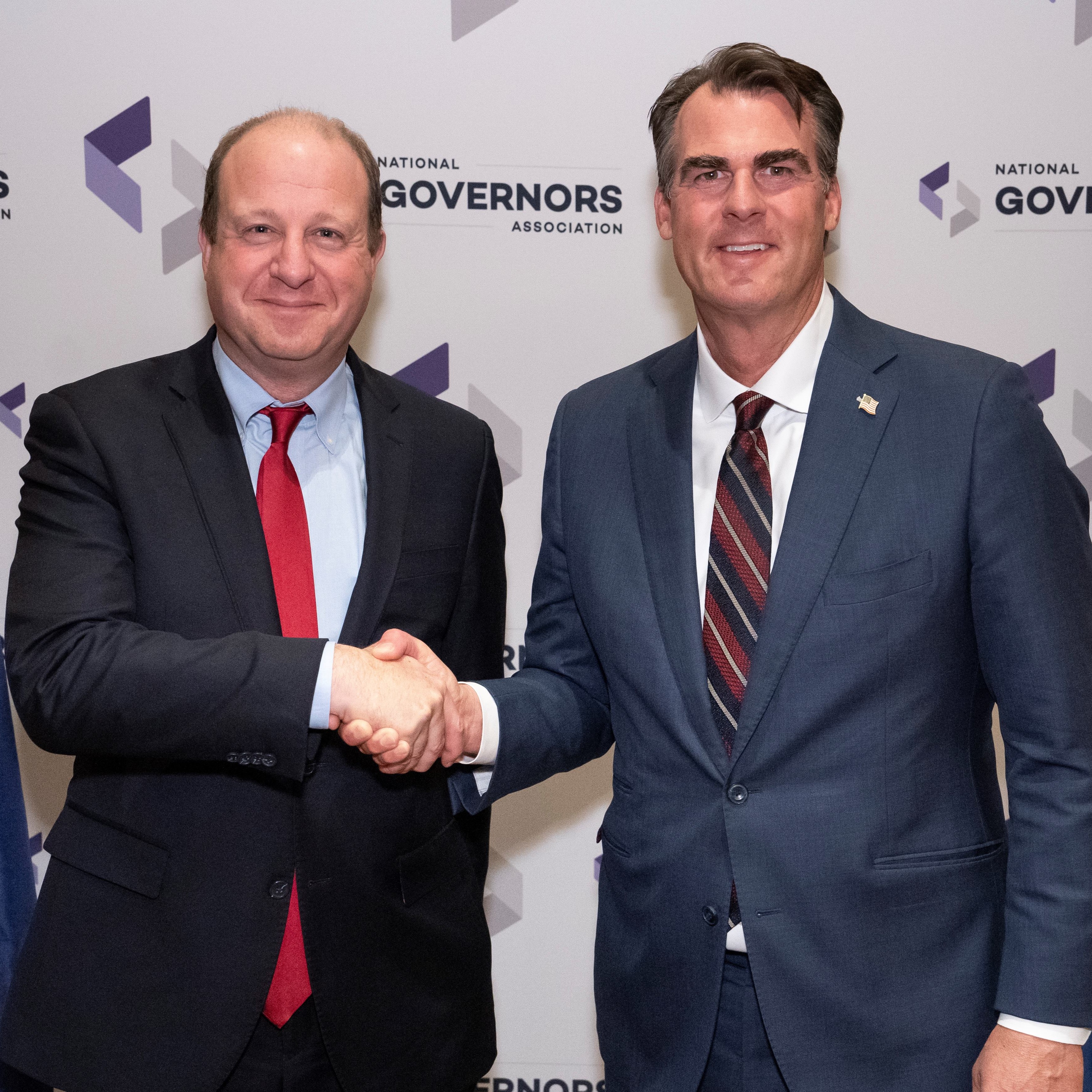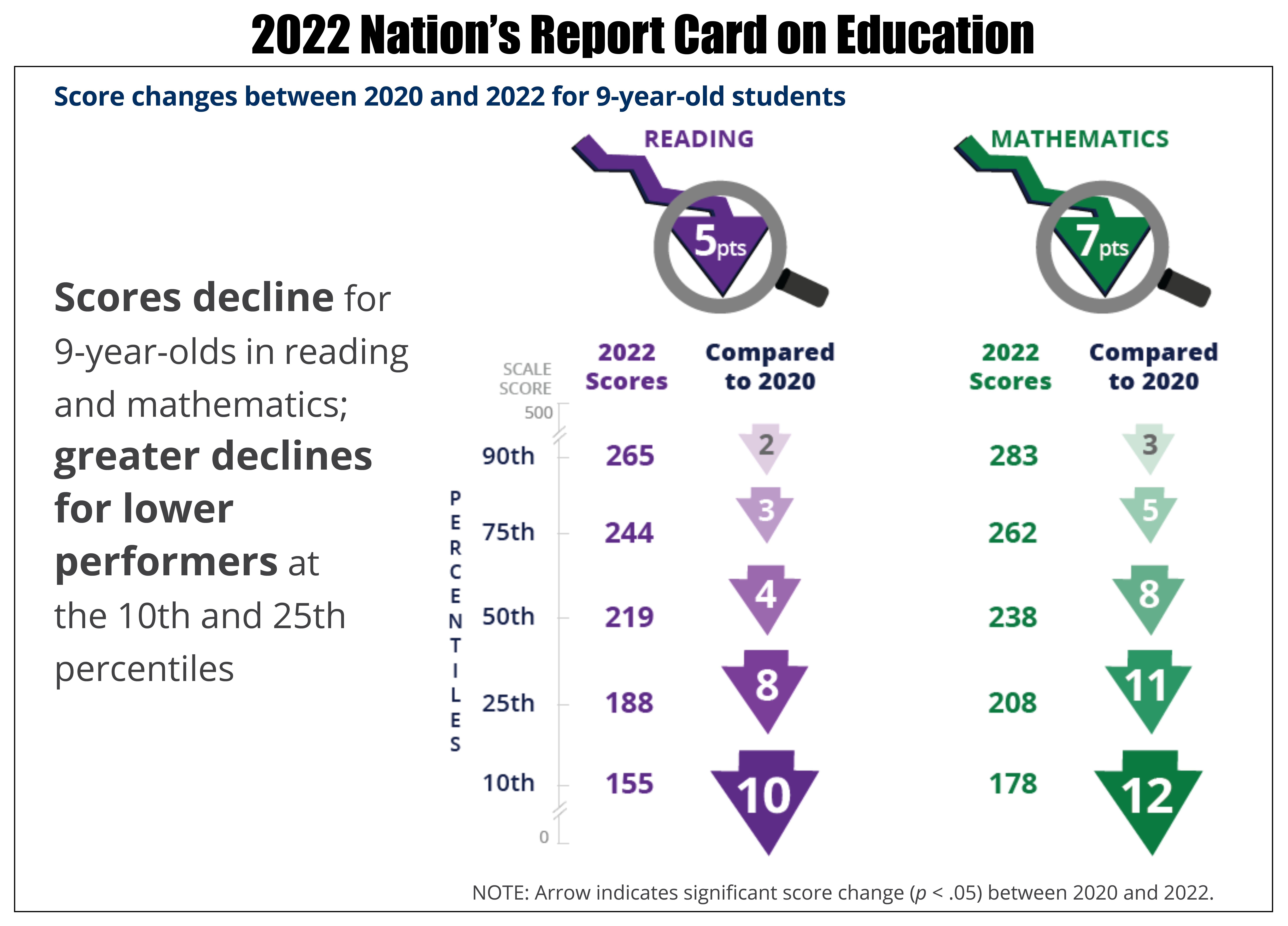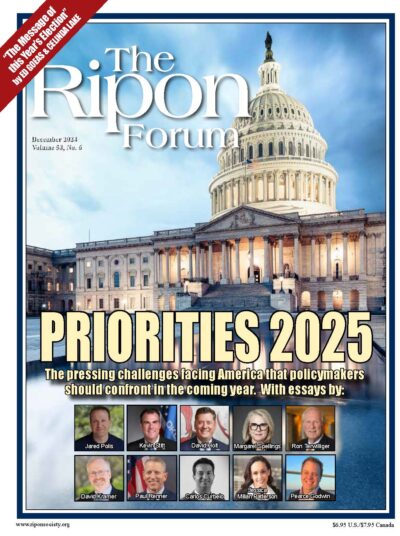
As Chair and Vice Chair of the bipartisan National Governors Association, our focus is uniting the nation’s governors – both Democratic and Republican – to find bipartisan solutions to our common challenges.
In today’s political climate, it might seem that finding common ground is difficult. But it really is true that more unites us than divides us.
This is especially clear when governors – from around the country and across the aisle – get together and share ideas. We face so many of the same challenges: connecting workers with the skills they need to fill good jobs, building the infrastructure our states need to expand opportunity, and reducing costs so families can thrive and businesses can succeed. Governors aren’t focused on whether ideas are red or blue; we’re focused on finding policy solutions that work.
We know that education is the key to prosperity and success for individuals, our communities, and our economy. That’s why education – and specifically marketable skills – is the focus of this year’s NGA Chair’s Initiative, Let’s Get Ready: Educating All Americans for Success.
Governors aren’t focused on whether ideas are red or blue; we’re focused on finding policy solutions that work.
All Americans should have access to education that prepares them for success in life. As the world changes and technology evolves, ensuring all students graduate with the skills and knowledge necessary for success is increasingly critical for our nation’s economic competitiveness.
Now is the time to act.
The 2022 Nation’s Report Card on Education showed declines in reading and math for students across the country. Many public schools have seen a concerning rise in chronic absenteeism. We all know that when kids aren’t in school, they aren’t being equipped to meet their full potential, which will have lasting impacts on our workforce, as well as our families and communities.
In many states, including ours, there are nearly two job openings for every unemployed worker – indicating a mismatch between the skills our schools teach and the skills workers need for available jobs.
Increasing coordination across early childhood, K-12, postsecondary education, and workforce systems is more important than ever to prepare students for in-demand job opportunities in existing fields like health care, construction, engineering, and cybersecurity, as well as industries of the future like AI, innovative new energy solutions and cutting-edge computing technology.
We want every person in our states to be able to build a prosperous life and a good career, and for every business to have a well-trained workforce.
Governors are working with educators, parents, students, and community and business leaders to explore how to better evaluate outcomes from state investments and practices in education so that students leave school with the skills they need to succeed.
That path looks different for every individual, and states are taking a variety of actions to reach students at every level.

We know that education is the key to prosperity and success for individuals, our communities, and our economy. That’s why education – and specifically marketable skills – is the focus of this year’s NGA Chair’s Initiative.
To help children get a strong start, Colorado launched universal free preschool in 2022. Approved through a combination of ballot initiatives and legislation, universal preschool served 43,000 children in its first year, saving the average Colorado family over $6,100 per year. At the high school level, Colorado is rapidly scaling the apprenticeship model so juniors and seniors can earn while they learn, gaining credits along with real job experience. Another priority is facilitating connections between high schools and community colleges. Many high schools, like Colorado Early Learning Charter School, now offer concurrent enrollment, providing students with the opportunity to graduate with both a high school diploma and an associate’s degree.
Oklahoma is also focused on opening the door to more workforce-oriented schools – coordinating with community leaders to develop innovative schools molded to Oklahoma’s career opportunities, so that every kid in Oklahoma is college- or career-ready. At Norman Aviation Academy, a public high school, students can work toward their pilot’s license or technical certificates in aviation maintenance and leave high school with great jobs at one of the Oklahoma’s aviation companies. To ensure families have the opportunity to send their children to high-performing schools like these, even if they’re not in their zip code, Oklahoma passed the Parental Choice Tax Credit in 2023.
New Mexico Governor Michelle Lujan-Grisham launched investments in high-quality tutoring programs to help K-8 students across the state improve math, reading, and science achievement. In Utah, Governor Spencer Cox increased access to full-day kindergarten and expanded work-based learning opportunities for students through initiatives like Talent Ready Utah. Hawaii Governor Josh Green implemented policies, including salary increases, to recruit teachers – cutting his state’s teacher shortage from 1,000 to 100. Alabama Governor Kay Ivey’s Turnaround Schools Initiative provides targeted resources that have helped 15 schools close achievement gaps.
No one political party has a monopoly on good ideas when it comes to helping students – and our economy – succeed.
Through Let’s Get Ready, governors will meet several times throughout the year to share ideas and best practices, and collaborate on developing more effective metrics to identify what’s working and, just as importantly, what’s not working. When the initiative wraps up in July, we’ll compile our findings into a roadmap governors can use to drive innovation and better measure outcomes in their states.
We may have different ideas on how to get there, but governors share the same goal: to prepare our students for successful futures and our economy for greater success.
Jared Polis is the Governor of Colorado and serves as Chairman of the National Governor’s Association. Kevin Stitt is the Governor of Oklahoma and serves as Vice Chair of the NGA.




